Introduction
Lithotripsy machines are essential in modern urology care, allowing doctors to break kidney stones effectively and safely without resorting to open surgery. As technology advances, hospitals and clinics around the world are investing in these machines to provide faster, less invasive treatments for patients. When it comes to sourcing this vital equipment, decision-makers often face a tough choice: Should they purchase machines from Indian manufacturers or opt for well-established global brands?
This decision isn’t always straightforward. On one hand, Indian medical device manufacturers have made incredible strides over the past decade, offering equipment that competes with international standards at much lower costs. On the other, global brands have the advantage of decades of innovation and a strong reputation for cutting-edge technology.
In this article, we’ll take a closer look at both options, breaking down their strengths, weaknesses, and what hospitals should consider before investing.
The Rise of Indian Lithotripsy Machine Manufacturers
Indian medical device manufacturers have rapidly evolved over the last decade. Once seen as primarily cost-driven suppliers, many are now recognized for their ability to design and deliver equipment that meets international safety and performance benchmarks. India’s strong engineering base, combined with increased investment in medical technology, has allowed domestic manufacturers to compete on a global scale.
Advantages of Indian Manufacturers
One of the most obvious benefits of choosing Indian-made lithotripsy machines is affordability. Hospitals and clinics, especially in developing regions, often work within tight budgets. Indian manufacturers have mastered the art of delivering high-quality products at significantly lower costs compared to their Western counterparts. This affordability doesn’t come at the expense of safety or performance, especially when manufacturers adhere to certifications like ISO 13485 and CE marking.
Another key strength is customization. Indian manufacturers tend to work closely with hospitals to create machines that fit their unique needs, whether that means adjusting power levels, ensuring energy efficiency, or designing more compact and user-friendly models. This flexibility is often missing with global brands, which typically offer standardized systems.
Then there’s the support factor. With Indian manufacturers, spare parts, training, and after-sales service are much easier to access. This local presence reduces downtime significantly, which is critical for hospitals that can’t afford equipment failures during high-volume operations.
Finally, many Indian manufacturers are becoming global exporters, sending their equipment to Asia, Africa, Europe, and North America. Their growing presence in these markets demonstrates that Indian products are earning trust internationally.
Challenges of Indian Manufacturers
However, Indian manufacturers do face some challenges. Despite impressive progress, brand recognition can still be a hurdle. Global brands often have decades of reputation, research, and clinical trials backing their products, which makes hospitals feel more confident in their purchases.
Additionally, while Indian companies are improving rapidly, their research and development budgets can’t always match those of global players. This sometimes means global brands are first to market with cutting-edge features like AI-driven diagnostics, robotic integration, or advanced imaging systems.
Some Indian brands also offer a narrower range of high-end lithotripsy machines, focusing primarily on affordability and reliability over premium features. This may limit options for hospitals performing highly complex or specialized procedures.
Global Lithotripsy Machine Manufacturers: What Sets Them Apart
Global manufacturers have long been leaders in the medical technology space, and lithotripsy machines are no exception. Their advantage lies in years of clinical expertise, heavy investments in R&D, and global regulatory approvals.
Benefits of Global Brands
One of the standout advantages of choosing a global brand is technological innovation. These companies often lead the way with features like advanced imaging integration, energy-efficient systems, and enhanced durability. For large hospitals or teaching institutions performing complex urological surgeries, these premium machines provide a level of precision and sophistication that’s hard to beat.
Another reason global brands dominate certain markets is trust and reputation. Many hospitals prefer global brands because they’re backed by extensive clinical data and research, giving administrators peace of mind when making significant investments.
Global brands also offer international service networks. For large healthcare groups with hospitals in multiple locations, having a single supplier with global support is a huge advantage. Training programs, maintenance contracts, and globally available spare parts make equipment management smoother.
Drawbacks of Global Brands
However, these advantages come at a steep cost. Pricing is one of the biggest barriers to choosing global brands, as these machines often cost several times more than Indian alternatives. For smaller hospitals or those in developing regions, these price points can be prohibitive.
Another drawback is longer delivery and installation timelines. Importing equipment means dealing with customs, taxes, and shipping delays, which can slow down hospital operations.
Lastly, global manufacturers often focus on standardized solutions that work for large-scale markets. This can limit their ability to provide customized solutions that fit the specific needs of smaller hospitals or unique surgical environments.
The Hybrid Approach: Combining the Best of Both Worlds
The debate between Indian and global lithotripsy machines doesn’t have to end in a strict choice. Many hospitals find success by adopting a hybrid approach. They may invest in affordable, reliable Indian-made machines for routine treatments and rely on premium global systems for highly complex cases.
This strategy allows healthcare providers to optimize budgets while still maintaining access to the latest technologies. Smaller clinics often start with Indian brands and upgrade over time, while large multi-specialty hospitals choose global systems for flagship facilities but rely on Indian manufacturers for regional branches.
Key Factors to Consider When Choosing a Manufacturer
Whether you’re leaning toward Indian or global manufacturers, here are some factors to keep in mind before making a purchase:
Budget and Return on Investment
Think beyond the initial cost of the machine. Consider the long-term expenses, including spare parts, maintenance contracts, and training programs. A slightly more expensive machine with lower maintenance needs may save money in the long run.
Training and Technical Support
Investing in equipment is only half the story. Your staff needs thorough training to get the best results, and your supplier should be able to provide quick, accessible technical support.
Certifications and Regulatory Approvals
Look for certifications such as ISO 13485, CE marking, or US FDA approvals. These certifications are a clear indicator that the machine has been rigorously tested for safety and performance.
Warranty and Spare Parts Availability
Downtime can be devastating in a hospital setting. Ensure that spare parts are readily available and that the manufacturer offers a robust warranty and service plan.
FAQs
Are Indian lithotripsy machines as reliable as global ones?
Yes, many Indian manufacturers meet international quality standards, and some export their machines worldwide. While global brands often lead in innovation, Indian machines offer reliability and affordability.
Why are global lithotripsy machines so expensive?
Global machines carry a premium because of advanced technology, high R&D costs, and extensive clinical testing. Import-related costs also contribute to the price.
Should hospitals invest in both Indian and global machines?
Many hospitals do exactly that. A combination allows them to balance budgets while ensuring access to cutting-edge technology for complex treatments.
Do Indian manufacturers provide international support?
Yes, leading Indian companies now offer warranties, training, and technical support for their global clients.
Conclusion
The choice between Indian and global lithotripsy machine manufacturers is more than just a matter of price. Indian companies have proven that they can deliver high-quality, reliable, and affordable solutions that meet international standards. Meanwhile, global brands remain the leaders in innovation and advanced technology, making them the go-to for hospitals looking to stay at the cutting edge.
Hospitals and clinics can make smarter purchasing decisions by carefully weighing their needs, budgets, and long-term plans. Whether you choose Indian or global brands—or a mix of both—the ultimate goal is the same: to provide safe, effective, and affordable care for patients.

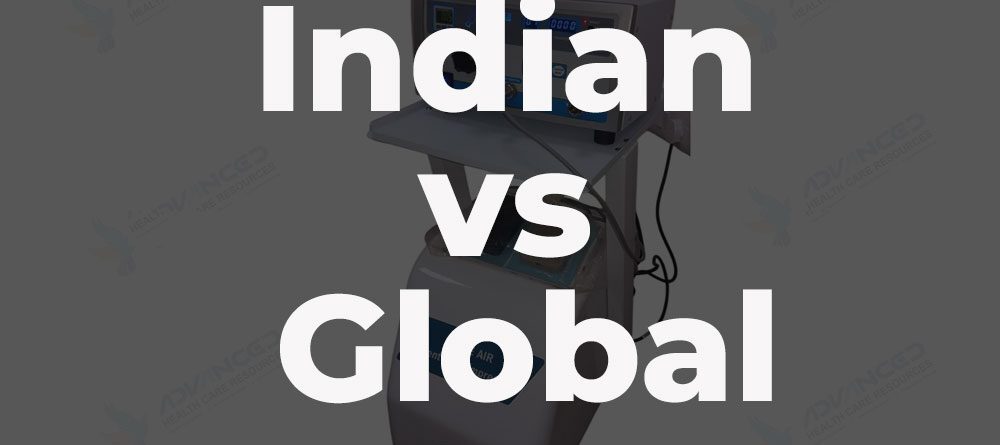

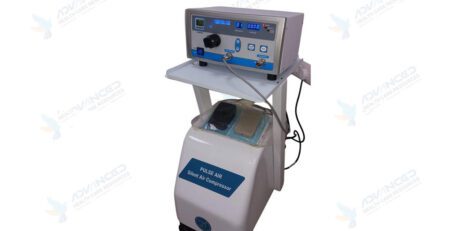




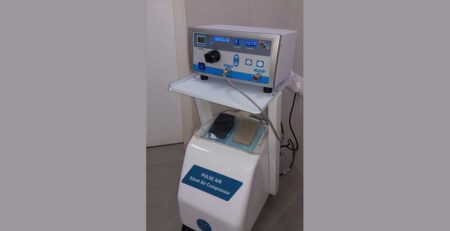
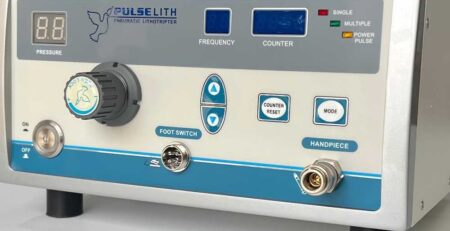
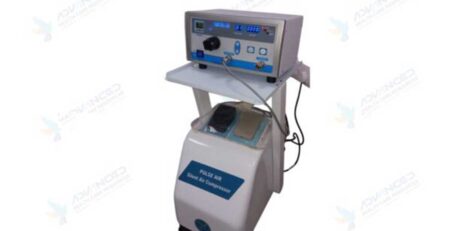
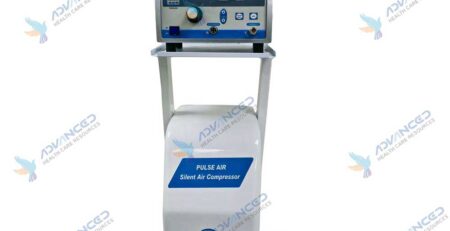

Leave a Reply